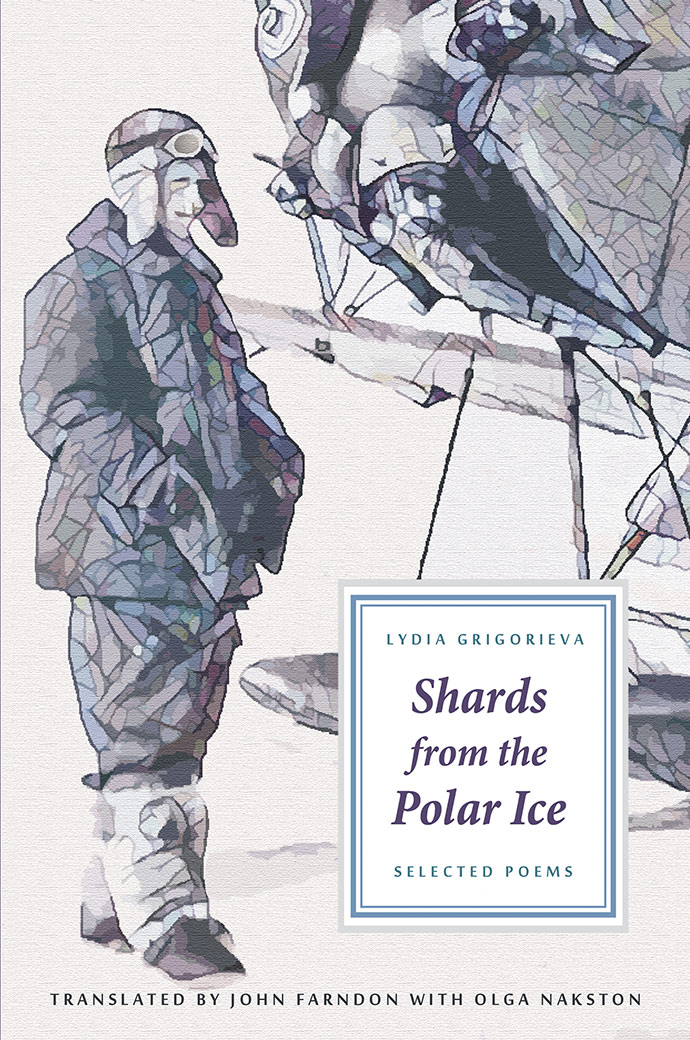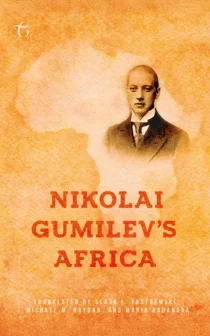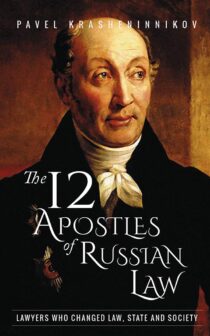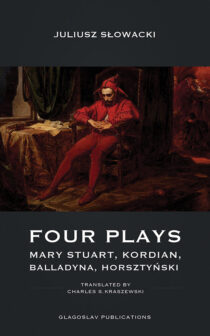Shards from the Polar Ice: Selected Poems
Price range: €9.50 through €25.85
Author: Lydia Grigorieva
Translators: John Farndon and Olga Nakston
“It would be hard to imagine Russian poetry in the last half century without Lydia Grigorieva,” writes eminent Russian poet and critic Konstantin Kedrov. Grigorieva is a uniquely individual voice, bucking the trends of modernist poetry to create her own distinctive and beguiling body of poetry.
“It would be hard to imagine Russian poetry in the last half century without Lydia Grigorieva,” writes eminent Russian poet and critic Konstantin Kedrov. Grigorieva is a uniquely individual voice, bucking the trends of modernist poetry to create her own distinctive and beguiling body of poetry.
Her work draws on her own remarkable life to create startlingly arresting images and metaphors, full of beauty and power, from her series that emerged from her Arctic childhood, to the troubles that beset Ukraine. Her range of influences is wide, and Beethoven, Freud, Sylvia Plath and Byron all appear in her poems as well as more familiar Russian images.
At the heart of Grigorieva’s poetry is what she calls its “musicality” – her firm belief in the power of rhyme and rhythm in creating a poetic experience. In this first major collection of her work in English, English poet John Farndon, working with Grigorieva and co-translator Olga Nakston, has recreated this musicality in English so that English readers might experience for the first time what makes her work so revered in her Russian homeland.
Published with the support of the Institute for Literary Translation, Russia.
[real3dflipbook id=’96’]
| Dimensions | N/A |
|---|---|
| Author | Lydia Grigorieva |
| Book Format | Hardcover, Paperback, EPUB, Kindle |
| Publication date | 1st August 2016 |
| Pages | 132 pages |





